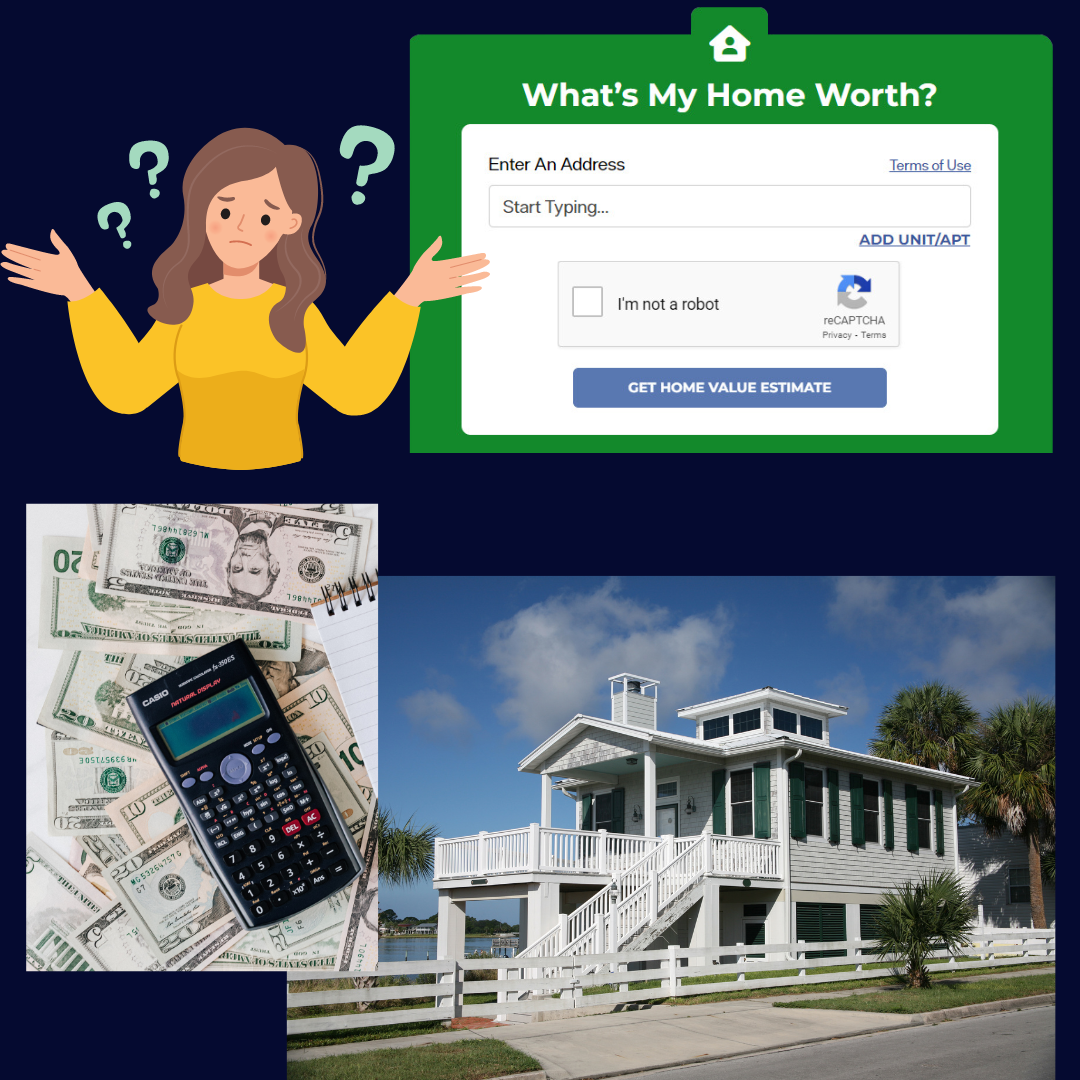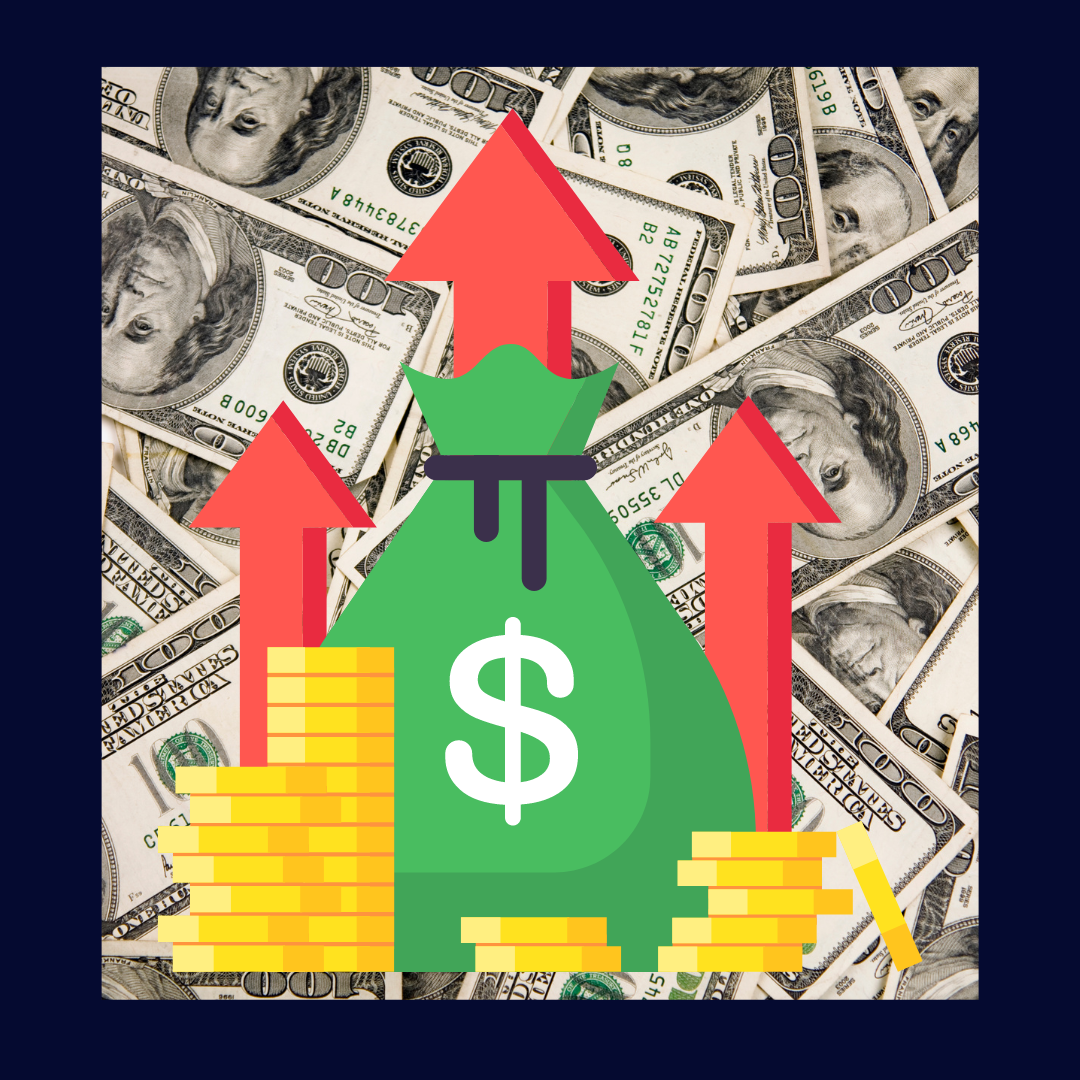Pricing a home correctly is a crucial aspect of the real estate process, whether you're selling or buying.
Setting the right price can make all the difference in how quickly a property sells or how successful a buyer's investment turns out to be. Finding that sweet spot requires careful consideration of various factors and market dynamics.
For sellers, the goal is to maximize profit while attracting potential buyers. Pricing a home too high can turn off interested parties and prolong the selling process, leading to stagnant listings and ultimately lower offers.
Bottom line is you don’t want to just throw a number out there and hope it sticks – that would get messy – just like throwing spaghetti on a wall. Then you are stuck with the mess of a property that doesn’t sell, not even for the price it would have if it had been priced right the first time around.
We work with a lot of sellers who had their home on the market before with other agents and the listing expired. And the biggest reason their homes didn’t sell, other than proper marketing, was the price. Conversely, underpricing may result in a quick sale but could mean leaving money on the table.
A mistake many home buyers and sellers make is to use a home pricing calculator that they find online. While this can give you a general idea, the online calculator does not know all of the features of your home and any updates you have made.
These are important factors to use when pricing a home, whether you are buying or selling. If you want to maximize the return on your investment, you need to make sure all updates are considered. A realtor can help you determine how an appraiser will value the update you have made. It’s not always the same amount that the update or renovation actually cost. It could be more or less.
To strike the right balance, sellers should conduct thorough research, considering comparable properties in the area, recent sales data, and current market trends.
Buyers, on the other hand, want to secure a property at a fair price that aligns with its market value and meets their budgetary constraints. Overpaying for a home can strain finances and potentially lead to regret down the line.
On the other hand, attempting to lowball offers may alienate sellers and result in missed opportunities. Just like sellers, buyers should conduct due diligence, researching comparable properties, assessing the condition of the home, and considering any additional expenses such as repairs or renovations.
In both selling and buying scenarios, market conditions play a significant role in determining the optimal price. A seller's market, characterized by high demand and low inventory, may allow for slightly higher listing prices and competitive bidding among buyers. Conversely, in a buyer's market with ample inventory and less demand, sellers may need to be more flexible with pricing to attract interest.
Ultimately, finding the sweet spot in pricing a home requires a combination of data analysis, market awareness, and strategic decision-making. Sellers and buyers alike should approach the process with patience, flexibility, and a willingness to adapt to changing circumstances.
By striking the right balance, sellers can maximize returns, while buyers can secure their dream home at a fair price, creating a win-win situation for all parties involved in the real estate transaction.
We always recommend that you work with a knowledgeable, local real estate agent to help you navigate negotiations and make informed decisions.
We work with buyers and sellers in the Texas Coastal Bend and would be happy to have a no obligation conversation if this is something you are interested in.
Things to do in Port Aransas in February





